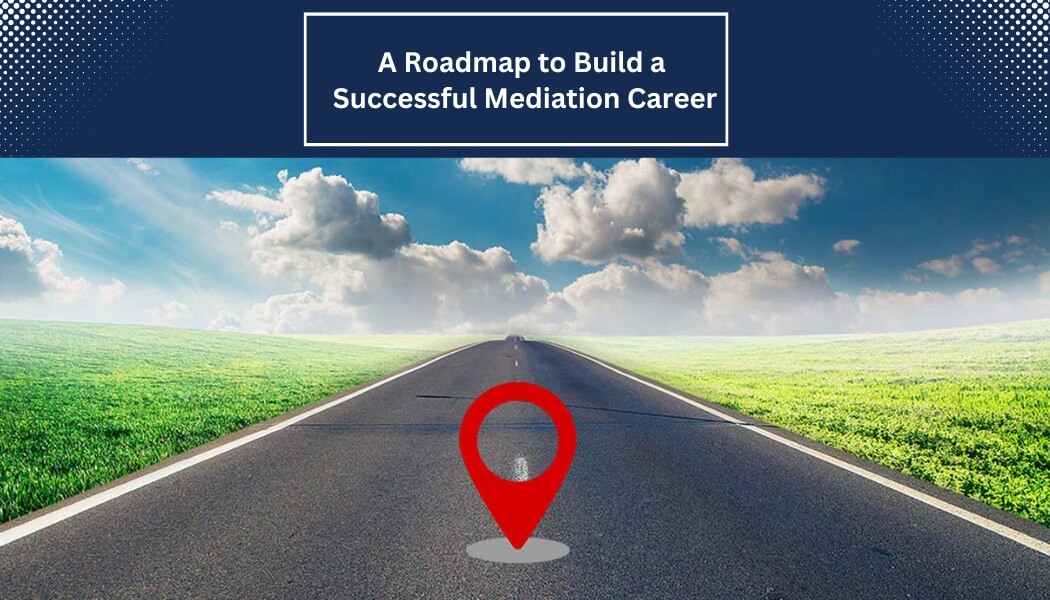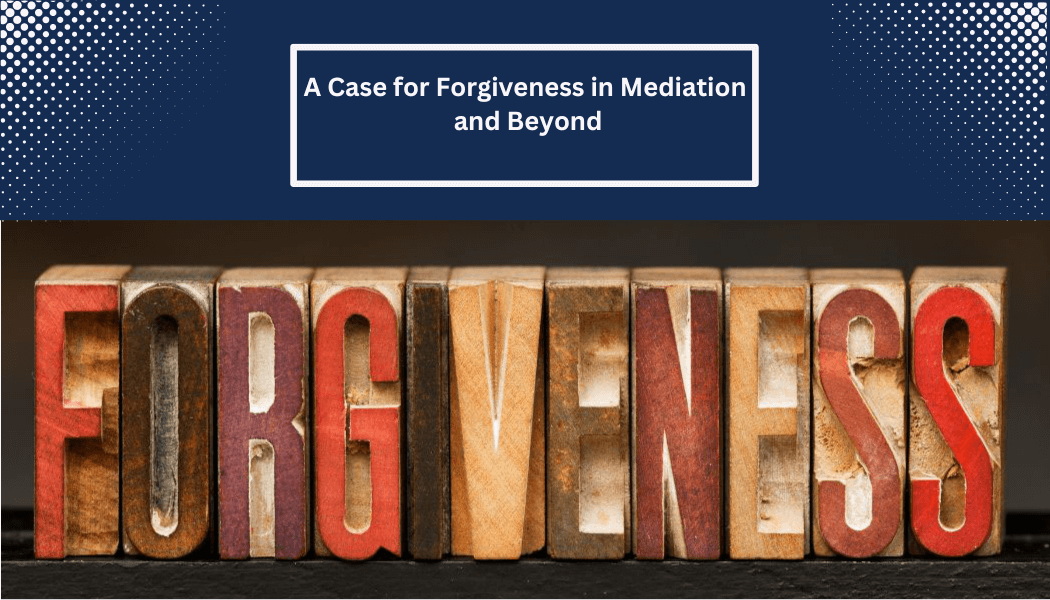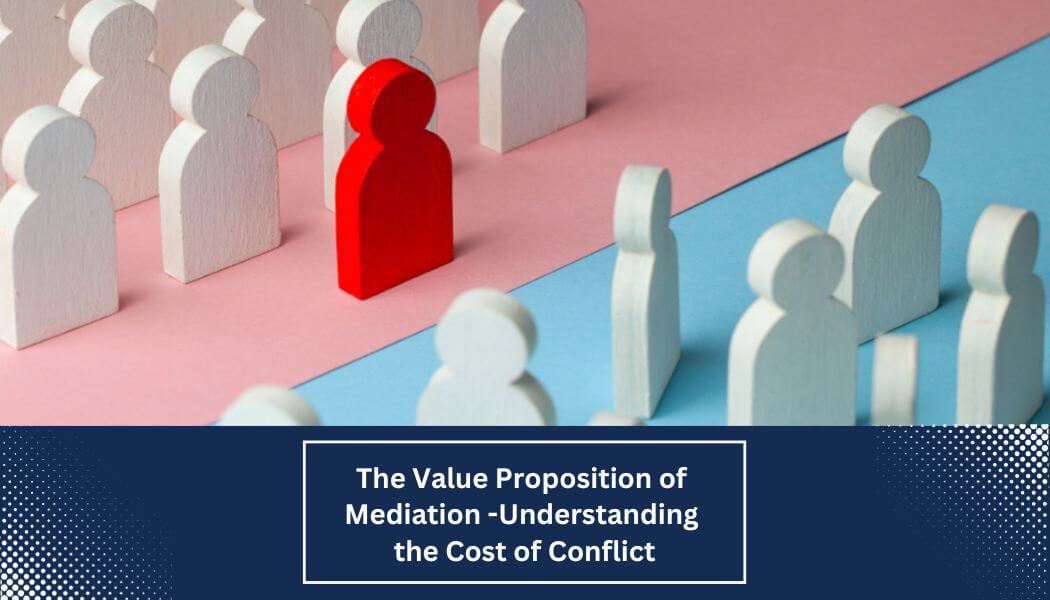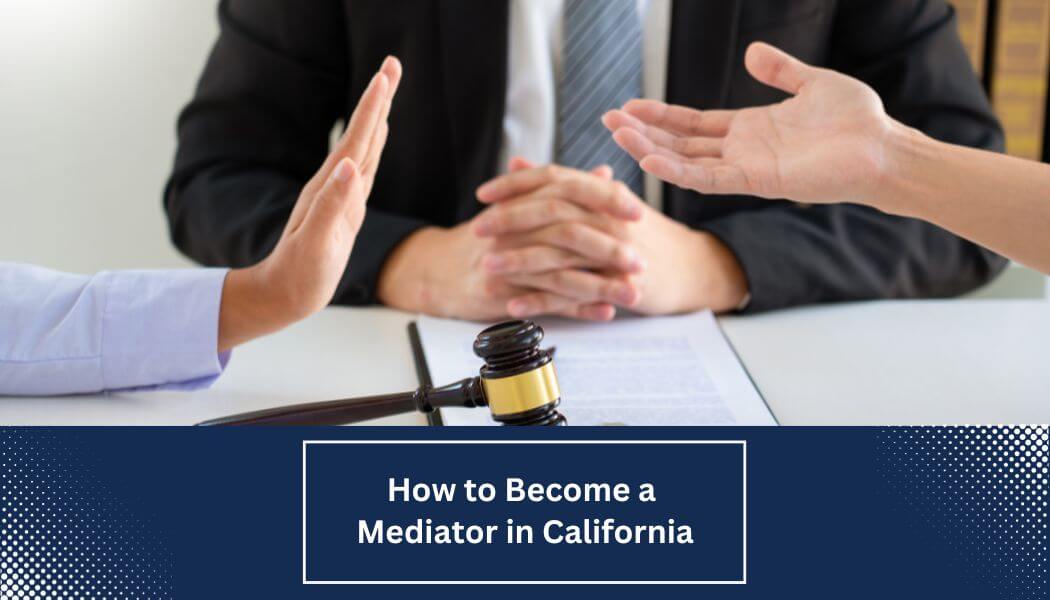While hard to imagine, it was less than 25 years ago that alternative dispute resolution and specifically mediation, was still a nascent concept, unknown to most in the mainstream legal community. Yet, through the energy, vision and entrepreneurship of many, ADR has brought about a paradigm shift in our legal profession. Today, mediation and its common sense approach to dispute resolution have reshaped how we approach conflict. Law schools have developed broad curriculum around ADR, including mediation, where none existed before. Courts, at all levels, have embraced mediation, while creating a variety of court-annexed programs. Most impactful, commercial mediation firms and individual mediators have broadened the vision of a generation of lawyers, focused for too long on litigation as a one-size-fits-all answer to conflict. Yet, as the industry pauses to admire its collective impact on our legal system, we need to turn an eye to the future and ask ourselves: “What is the future of dispute resolution and who will be the next generation of thought leaders to guide us there?”
In May 2014, I was invited to give the keynote address to the International Academy of Mediators annual convention. My topic: The Business of ADR. As the then chairman of the board of JAMS, the largest private provider of dispute resolution services in the U.S., I was uniquely qualified to recount over two decades of experience, at times painful, forging new business models, building brand identity and supporting individual arbitration and mediation practices in pursuit of revenue growth. But it wasn’t my experience in corporate governance that motivated me to address the assembled audience, including many of the world’s most successful commercial mediators. Rather, it was the opportunity to challenge my peers to think about the future of ADR.
Specifically, I told the audience that the irony of today’s conversation is that success brings contentment. And contentment is the kryptonite that robs us all of the vision and the passion needed to bring two-dozen years of collective learning to the next generation of mediators. I continued by emphasizing the point that if our past success is to be more than a footnote in the annuals of American jurisprudence, then we need to leverage that past in pursuit of future gains.
Too often, any discussion of the future of ADR starts and stops with a micro view of how an individual or organization seeks to increase its share of the legal services pie. So-called “broader thinking” often includes peer mediation in schools, expanding community mediation programs and further advances towards institutionalizing ADR in our court system or government. While these are surely laudable goals, those founding fathers, and mothers, of the ADR movement should not be content with incremental change. The conversation shouldn’t be framed by the question, “How does any specific ADR firm hire more mediators, open new offices, or mirror the advancements in revenue of the American Journal Top 200 law firms?” Rather, we should be asking ourselves, “What lessons have we learned that will help shape the future of dispute resolution around the world while improving access to justice?” In short, we need the same revolutionary thinking and broad vision that has brought us this far.
What are examples of encouraging trends in this direction; trends that reflect the vision and commitment of motivated members of our community? What inspiration can we draw collectively from these individual efforts as we look for ways to scale our learning and leave even larger footprints for the next generation of mediators?
- Jeremy Lack (Geneva, Switzerland), along with others in the International Mediation Institute, is launching the 2016-2017 Global Pound Conference Series to create a modern conversation about what needs to be done to improve access to justice, and the quality of justice around the world by engaging stakeholders in the dispute prevention and resolution fields worldwide (IMI).
- Robert Fersh (Washington D.C.) founded a nonprofit called Convergence Center for Policy Resolution, whose mission is to bring together large groups of shareholders representing diverse perspectives on important social issues, such as healthcare, nutrition, education and international relations, and create a dialogue to address these issue (Convergence Center for Policy Resolution).
- Hon. Danny Weinstein, Ret. (San Francisco, CA) established the Weinstein International Fellowship program, which brings together about a dozen ”students” from around the globe each September for mediation training and mentoring before returning home, inspired to find ways to implement these new lessons in their community (Weinstein JAMS International Fellowship).
- Victor Schachter (Woodside, CA) created a non-profit organization, the Foundation for Sustainable Rule of Law Initiatives. Vic travels the world supporting the development of sustainable dispute resolution programs in developing countries (Foundation for Sustainable Rule of Law).
- Dr. Mario Patera and Ulrike Gamm (Vienna, Austria). While many mediators focus on the legal equivalent of delivering emergency care to those in desperate need, Dr. Patera and Ms. Gamm focus on preventative medicine. Through their trainings within organizations, they teach mediation competencies to business managers and others to improve the quality of personal and business place interactions (Konflikt Kultur).
- Ms. Laila Ollapally (Bangalore, India), a respected attorney mediator, first worked with the Indian courts to develop a community mediation center to service the needs of the population largely without access to justice. More recently, she began her own commercial mediation company CAMP, to introduce the mediation process to those with a variety of commercial disputes. Ms. Ollapally has become part of a broader movement to expand mediation throughout the world’s most populous country (Centre for Advanced Mediation Practice).
These are but a few stories of what industry thought leaders are pursuing to help define the future of ADR. As I travel around the globe, teaching mediation in Europe, Asia and Africa, I return from these experiences energized by the reception of so many “students” to the mediation process and by their commitment to explore ways to adopt that process to fit the unique needs of their community. Clearly, the lessons developed in commercial mediation these past 25 years are too important not to be shared with others.
To address the limitations of teaching mediation skills to a global audience in a face-to-face environment, we have developed an Internet-based approach to mediation training, drawing upon a wellspring of 25 years of shared learning. This online training, Edwards Mediation Academy, seeks to make available to the next-generation important practical mediation skills.
Whatever the path or project, as we look to the future, our challenge is clear. It’s not enough to claim victory or feel that our task is somehow complete. Those whose initial vision and entrepreneurism gained them a front row seat to witness a sea change in how our legal system approaches conflict resolution have an even greater responsibility. Its imperative that we think beyond continued commercial success, however defined, and refocus on leveraging our collective experience for the benefit of a broader audience in a world in desperate need of dispute resolution skills. The future of ADR remains ours to define.
Bruce A. Edwards is an ADR industry pioneer and recent chairman of the board of directors of JAMS, this country’s largest private provider of ADR services. Along with his wife, Susan Franson Edwards, Mr. Edwards cofounded Edwards Mediation Academy, an online education platform dedicated to improving the skills of mediators around the world.




